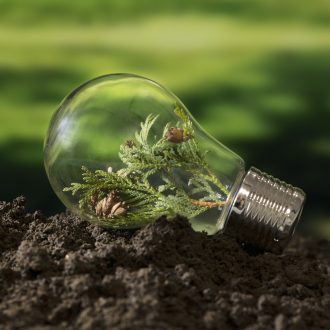
Construction is not the only sector where stormwater management is needed. During industrial activities, rain water encounters all sorts of materials, equipment, and chemicals. Different pollutants like sediment, oil and grease, nitrogen, phosphorous, and other chemicals can make their way through runoff and into storm drains where the water will remain untreated as it makes its way back through rivers, streams, and lakes. It’s important that industrial sites have a plan for dealing with this kind of runoff. Similar to construction sites (who utilize the construction general permit, or CGP), industrial sites also follow a permit outlining what is needed to remain in compliance. The Multi-Sector General Permit (MSGP) covers 29 different types of industrial facilities.
Although this list is not exhaustive, some of the sectors that require a SWPPP include;
- Timber Products Facilities
- Paper and Allied Products Manufacturing Facilities
- Chemical and Allied Products Manufacturing and Refining
- Asphalt Paving and Roofing Materials and Manufacturers and Lubricant Manufacturers
- Glass, Clay, Cement, Concrete, and Gypsum Product Manufacturing Facilities
- Primary Metals Facilities
- Metal Mining (Ore Mining and Dressing) Facilities
- Coal Mines and Coal Mining-Related Facilities
- Oil and Gas Extraction Facilities
- Mineral Mining and Processing Facilities
- Hazardous Waste Treatment, Storage, or Disposal Facilities
- Landfills and Land Application Sites
Also like a construction site, industrial sites must both file an NOI, or notice of intent, and create a SWPPP to comply with the MSGP. The SWPPP must contain a variety of information as outlined by the permit, and there are several steps that need to be taken in order to complete a SWPPP. The first steps that should be taken when preparing the SWPPP include an assessment of activities performed on site, an evaluation of existing data for the site, and gathering information and preparing maps for your site.
SWPPPs are always site specific, and often you do not get the information you need using a generic template. KCI’s environmental professionals are available to help with both SWPPP preparations and ensuring the site remains in compliance. Contact us today with questions on stormwater management for industrial sites!



